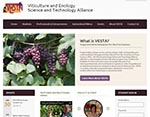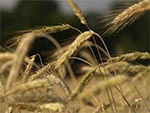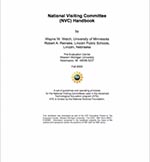
Viticulture and Enology Science and Technology Alliance (VESTA)
www.vesta-usa.org
The Viticulture and Enology Science and Technology Alliance (VESTA) is a partnership between the Missouri State University System, two year schools in Iowa, Illinois, Oklahoma, state agriculture agencies, vineyards and wineries with "a 21st century vision for education in grape growing and winemaking." The goal of VESTA is to establish programs of study in viticulture and enology through collaborations with educational institutions and government and industry partners that are tailored specifically for the Mid-American region. In addition, VESTA provides opportunities for students to participate in hands-on field experiences through partnerships developed with area vineyards and wineries, thus providing students with laboratory experience in their location. VESTA's website provides information on the program for current and prospective students, curriculum, resources, workshops, industry partners, job listings, and a newsletter. The Resources section provides a link to VESTA's instructional video library, which presents overview and testimonial videos as well as an impressive archive of lectures from the various VESTA courses.




